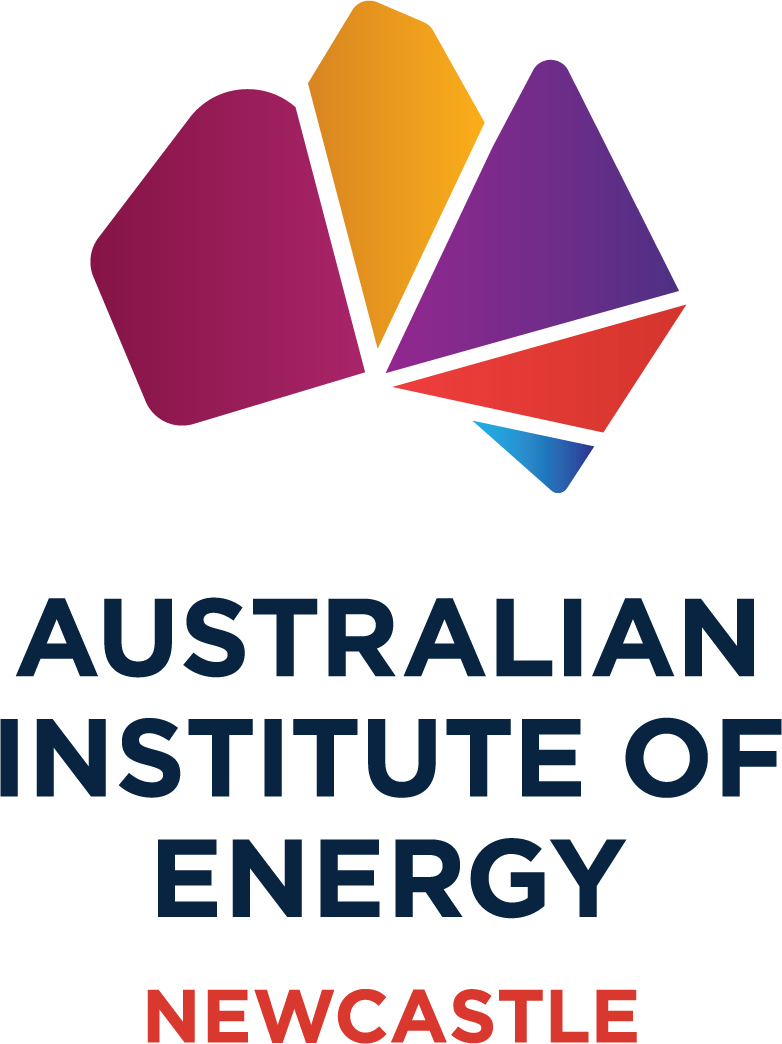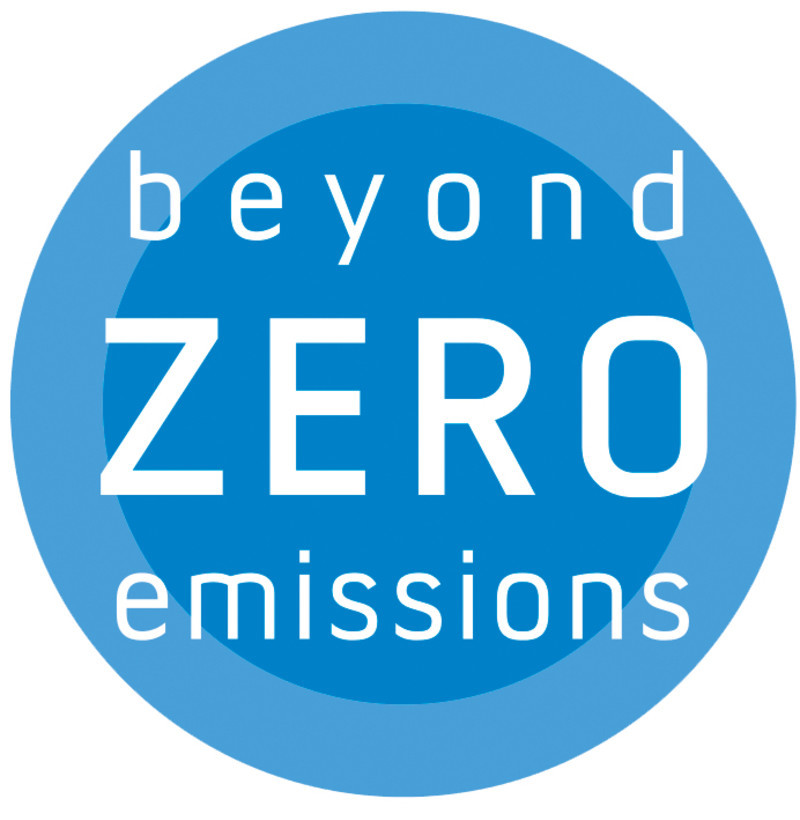Report offers recommendations to ease energy transition concerns in rural NSW
A new report argues that energy ministers will need to increase the benefits to regional communities that host large-scale solar, wind and transmission infrastructure if governments want to ensure continued support for renewable energy

The report is published by the Australia Institute and the Sydney Environment Institute and will be launched today.
The four co-authors of Renewables and rural Australia: A study of community experiences in Renewable Energy Zones in New South Wales and the case for more equity and coordination of the clean energy transition are affiliated with the Australian National University, University of Technology Sydney, University of Sydney and The Australia Institute.
Field trips and research interviews were conducted in Australia’s first two REZs: Central-West Orana and New England.
The authors found that although renewable energy enjoys a high level of community support, if the pace and intensity of development are not carefully managed and local benefits maximised it will risk creating conflict that could delay the clean energy transformation and harm energy security.
The report finds that governments can increase financial benefits for local communities, target First Nations participation, reduce negative impacts, and coordinate more sustainable economic development beyond short-term construction booms.Key recommendations
- Improve benefit sharing:
- More inclusive and generous benefit sharing arrangements, which should also include new transmission infrastructure.
- Encourage the pooling of community funds from energy developments in each REZ to enable funding of larger-scale facilities and programs that benefit diverse host communities.
- Target First Nations participation
- Create stronger processes for culturally appropriate consultation and inclusion of Traditional Owners in all aspects of REZ development to maximise socioeconomic benefits.
- Manage cumulative impacts
- Governments can work with residents and local agencies to schedule when and where projects are built to minimise negative cumulative impacts.
- Coordinate economic development
- REZ frameworks for multisectoral economic planning can help deliver employment, skills and other sustainable benefits to host communities.
"In many instances regional communities are benefiting greatly from new renewable energy projects, like farmers being paid to host solar farms on relatively unproductive paddocks. But there have also been instances where communities have been disrupted by things like transmission lines being built across private land," ANU’s Dr Rebecca Pearse said.
"Regional Australia is doing the country a terrific service by hosting our shift to renewable energy, so we need to make sure those communities have the mechanisms to negotiate beneficial deals for themselves.”













